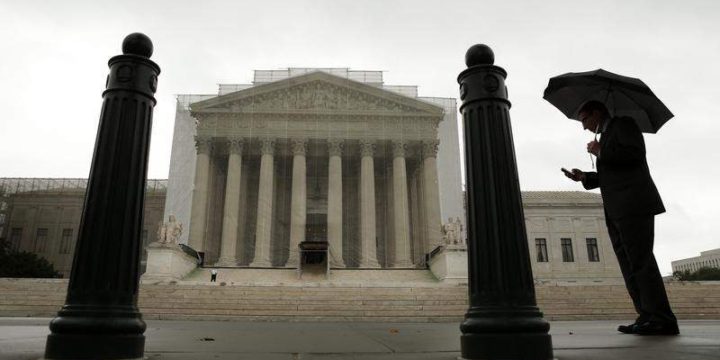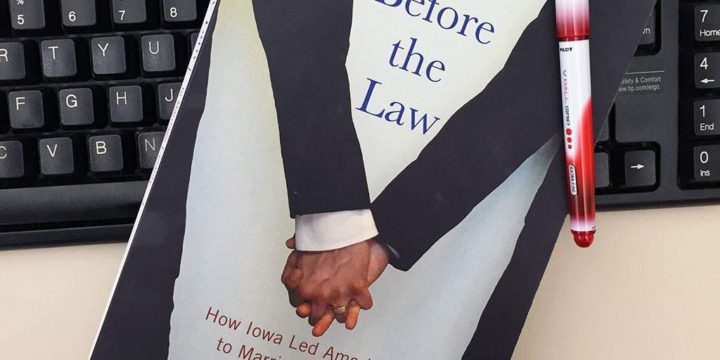
Godfrey court decision good for Iowans
Iowa Supreme Court Justices narrowly decided last week that citizens can sue government officials who violate their rights. The 68-page decision, which addresses a portion of an employment dispute case brought by former Iowa Workers’ Compensation Commissioner Chris J. Godfrey against former Gov. Terry Branstad, Gov. Kim Reynolds and four more Branstad administration officials, was handed down June 30. It reverses a lower court decision to stall the case and, by doing so, establishes a landmark pathway for citizens to seek monetary damages from the government and government officials for violations of equal protection and due process rights within the Iowa Constitution. While many in Iowa await the outcome of the long-standing dispute between the Branstad administration and Godfrey, the Iowa Supreme Court ruling merely sends the case forward. The Justices specifically…









